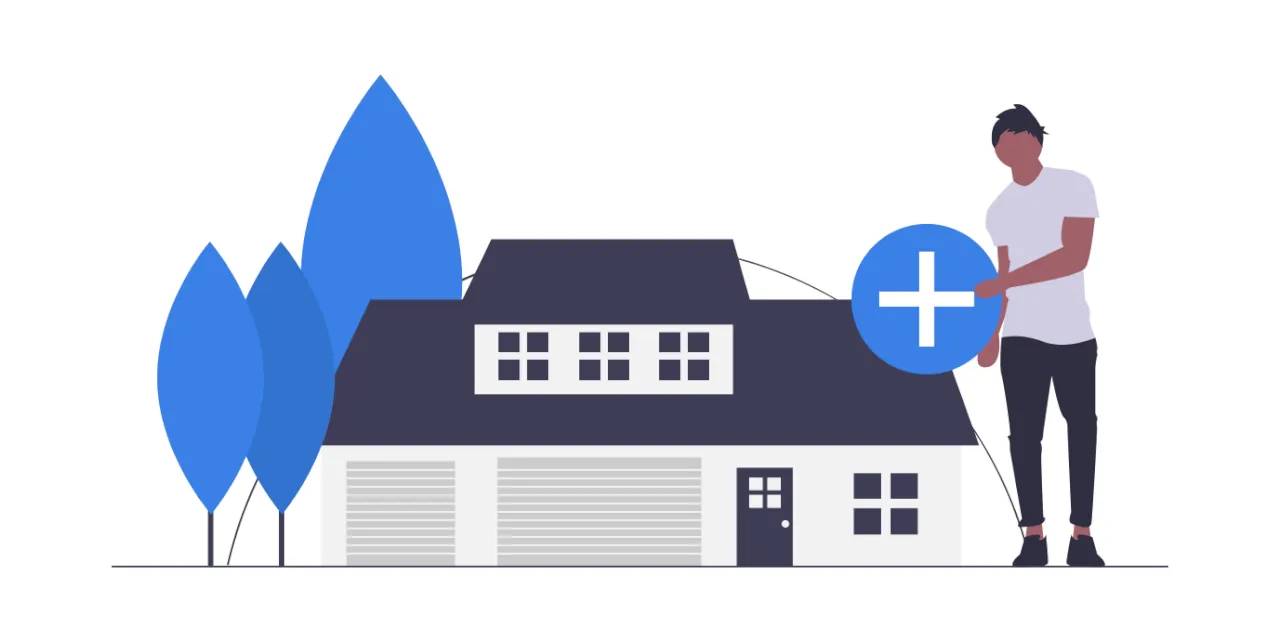Welcome! Where would you like to log in today?


Sign up and get
PRO free for 14 days
Once your PRO trial is over you can continue using Landlord Studio GO completely free.
By continuing you agree to our Terms & Conditions.
Making tax digital is not just about compliance, but also about knowing profit, how much tax owe, and opportunities for further expansion.

Written by
Ben Luxon
PUBLISHED ON
Dec 19, 2022
Making tax digital is the government’s ambitious plan to modernise taxes. It has already come into play for VAT registered businesses earning above the threshold and will affect landlords from April 2026. This is a big change with far-reaching implications.
Landlords need to understand what making tax digital means for them as they will need to make changes to their business in order to remain compliant. However, this can also be seen as an opportunity for many landlords to modernise their business processes and get their finances properly organised.
Making tax digital has been delayed and will is now set to be phased info income tax self-assessment from April 2026. This will affect landlords and unincorporated businesses with a total property or business income that exceeds £50,000 a year. Three key elements to this change are:
Read more about making tax digital here →
Ultimately the government is making the change to improve the efficiency, accuracy, and cost-effectiveness of tax processing and management. By reducing manual data entry they intend to reduce errors and automate processes saving both themselves and tax filers time and money.
From a landlords perspective, this change is forcing them to adopt more professional business processes. Often investors don’t see property as a real business, rather it’s a passive investment or a form of side income.
In the end, though, landlords are providing a roof over somebody’s head and this needs to be done safely and in compliance with both the physical asset regulations and of course tax compliance.
“One thing that small portfolio landlords often cannot get their heads around is all the regulations, there are over 170 pieces of legislation,” MTD is another thing they need to do to stay compliant, “and often they feel victimised,” said Christine Janaway, chartered surveyor and owner of CJ Residential Lettings and Sales.
Landlords can look at this in one of two ways. The first is that the government is forcing unnecessary changes. They’re making life harder and more complicated. There are also the increased overheads, landlords will need to engage professional services and may need to buy financial tracking software.
However, it’s not all doom and gloom. “It’s about getting everything on a professional footing. It makes their life so much easier, and so much more straightforward, and it protects them in so many ways,” said Christine Janaway.
Making tax digital is forcing the adoption of more professional business processes when it comes to the financial management of investments. Managing your accounts via spreadsheets or even on paper makes it almost impossible to analyse your data and gain insights into your portfolio – at least without spending hours crunching the numbers. Without access to data, investors can’t make long term financial plans and projections.
According to Ron Bannerjee, one of the principals at Banner Associates a London accounting firm, “it’s not just about compliance, but also about knowing how much profit you’re making, how much tax you’ve got, how much is left over for you to spend or reinvest, and what your opportunities are for remortgaging and further expansion of your portfolio.”
Having this data available is essential if you’re going to look at opportunities for remortgaging and further expansion of your portfolio.
With quality software like Landlord Studio, you can run a report showing cash flow on a month by month basis, on a property by property basis and easily access all of your data, whether it was input ten years ago or yesterday. Modern software allows you to get everything organised, in an easy to understand format and all in one place. Plus, with mobile apps, it’s much easier to keep up to date.
Landlord Studio is a cloud-based property management software designed by landlords for landlords. Available on desktop, iOS, and Android, it gives landlords the rental accounting and property management tools they need in order to save time and money.